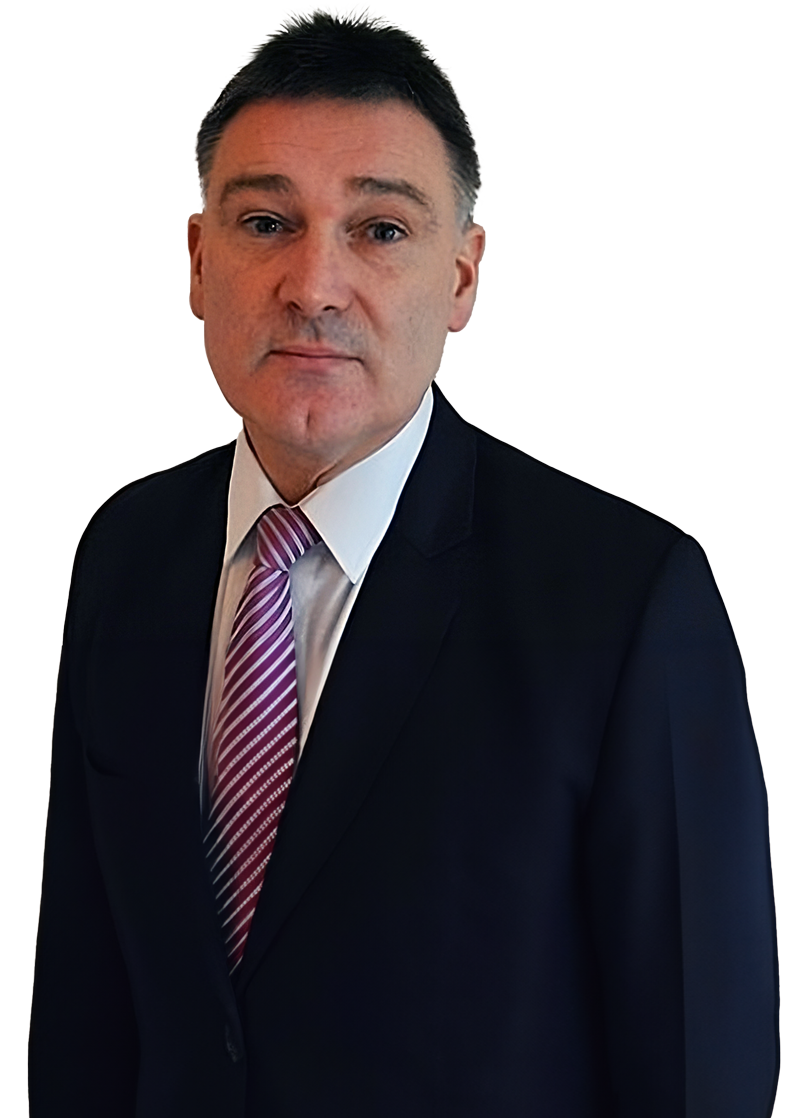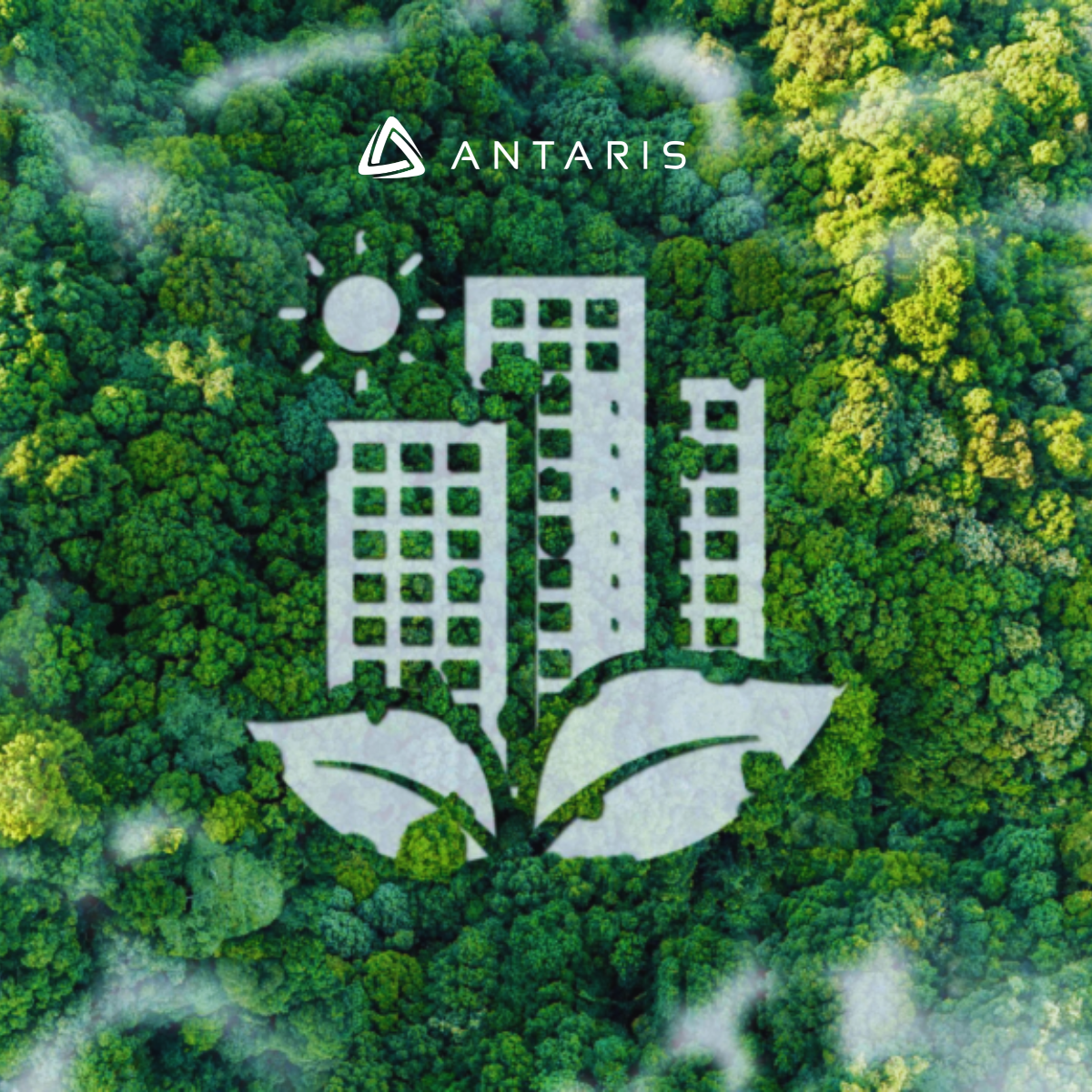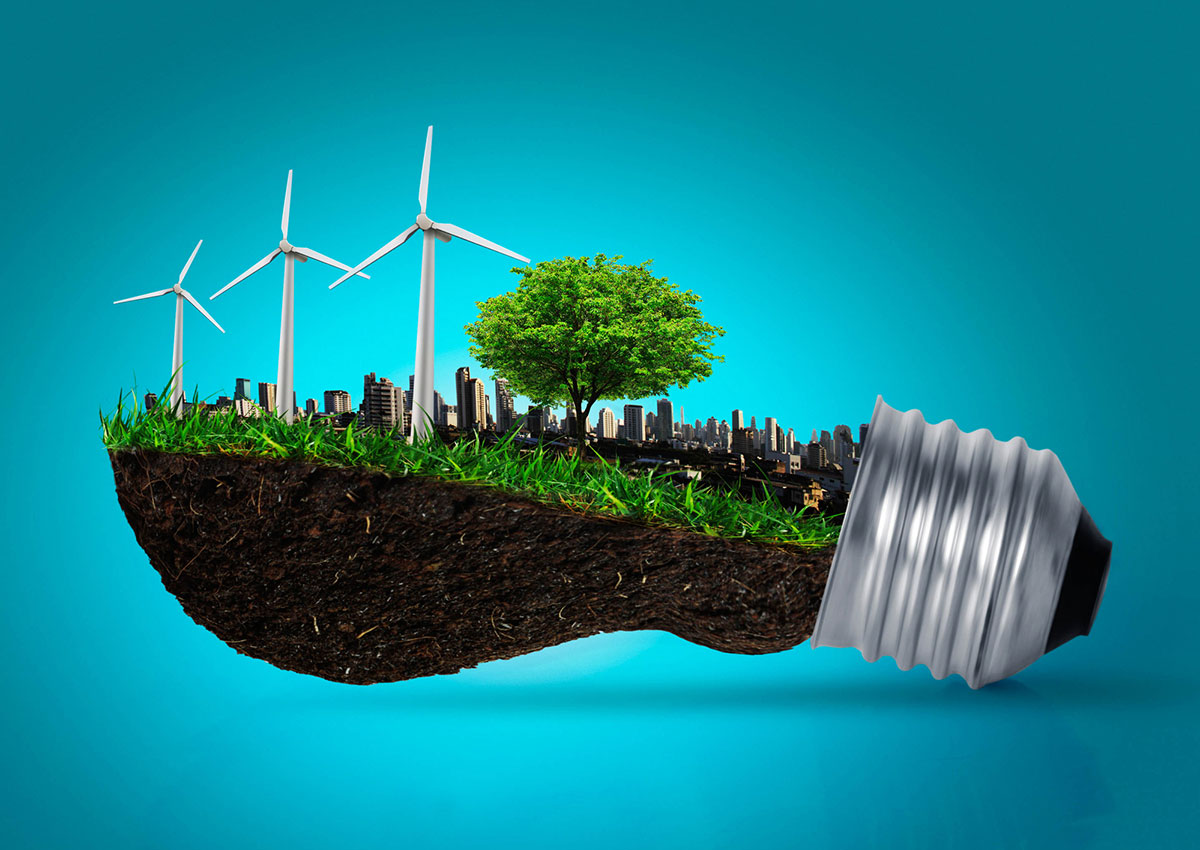SERVICE
Training and Development
Antaris operates a host of customised training programmes on specific ISO standards, with regular workshops and seminars on ISO implementation, online training courses, public courses and in-house courses. Our experts team up with SQT Training, one of Ireland’s largest training partners, to develop and deliver a world-class training experience.
Many of the training courses Antaris run are certified by specialist professional institutions, including NEBOSH, IOSH, IRCA and IEMA.
What is the key
challenge?
Finding certified training programmes that provide your employees with the most up-to-date, relevant education is one thing. But what you also need are skilled tutors with high levels of practical knowledge and expertise, as well as flexible programmes that fit seamlessly around your needs.
What is our solution?
At Antaris, we offer IEMA, IRCA, and NEBOSH certified training programmes on an online, in-person, or in-house basis. To provide a well-rounded, full training programme, we partner with SQT Training Ltd. to develop and deliver a world- class training experience.
What do you need?
You need a trusted training partner that provides certified training programmes and experienced tutors offering learners the flexibility to study from wherever they are located.
What is the result?
At Antaris, our expert tutors have over 30 years of experience delivering certified training programmes to organisations of all sizes.
Our Training & Development Services
Antaris provides a comprehensive portfolio of specific training courses in sustainability, health & safety, environment, quality, information security and energy.
- Behavioural Based Safety
- Behavioural Based Safety (including auditing) (2 days)
- Biological Agents
- Chemical Risk Assessment
- CompEx Ex14 Responsible Persons (Explosive Atmospheres)
- CompEx Foundation (ExF) (Explosive Atmospheres)
- Confined Space Entry
- Construction Safety Management / 2013 Safety Regulations
- Documenting Management Systems
- Health & Safety for Safety Representatives
- Health & Safety Hazard Identification & Risk Assessment
- Health & Safety Legislation
- Health & Safety Management in the Office
- Identification & Naming of Substances under REACH and CLP
- Internal Auditing – Integrated Management Systems (ISO 9001, ISO 14001 and ISO 45001)
- Introduction to Universal Access Auditing
- ISO 45001:2018 (Combined) Auditor Migration (OH&SMS) – CQI & IRCA Certified
- ISO 45001:2018 Foundation (OH&SMS) – CQI & IRCA Certified
- ISO 45001:2018 Implementation (OH&SMS)
- ISO 45001:2018 Internal Auditor (OH&SMS) – CQI & IRCA Certified
- ISO 45001:2018 Lead Auditor (OH&SMS) – CQI & IRCA Certified
- ISO 45001:2018 Overview for Managers (OH&SMS)
- Laboratory Safety (1 day)
- Manual Handling
- Overview of Safety, Health & Welfare at Work (Construction) Regulations 2013
- VDU Risk Assessment & Ergonomics
- Working at Heights
- ISO 9001:2015 Foundation (QMS) – CQI & IRCA certified
- ISO 9001:2015 Overview for Managers (QMS)
- ISO 9001:2015 Internal Auditor (QMS) – CQI & IRCA certified
- ISO 9001:2015 Auditor Transition (QMS) – CQI & IRCA certified
- IATF 16949:2016 Internal Auditor
- ISO 9001:2015 Refresher Internal Auditor (QMS)
- ISO 9001:2015 Lead Auditor (QMS) – CQI & IRCA Certified
- Developing a Process-based Quality Management System for ISO 9001:2015
- Documenting Management Systems
- Internal Auditing – Integrated Management Systems (ISO 9001, ISO 14001 & ISO 45001)
- NEBOSH Award in Environmental Awareness at Work
- ISO 14001:2015 Overview (EMS)
- ISO 14001:2015 Overview for Managers (EMS)
- ISO 14001:2015 Implementation (EMS)
- ISO 14001:2015 Auditor Transition (EMS) – CQI & IRCA Certified
- ISO 14001:2015 Internal Auditor (EMS) – CQI & IRCA Certified
- IEMA Foundation Certificate in Environmental Management
- IEMA Lead Environmental Auditor (Ireland) (ISO 14001:2015)
- Documenting Management Systems
- Environmental Legislation
- Hazardous Chemical & Spillage Control
- Internal Auditing – Integrated Management Systems (ISO 9001, ISO 14001 & ISO 45001)
- Waste Management/Minimisation
Success Stories from
Our Wonderful Clients
“Hollister Ballina have utilised Antaris for site specific workshop modules and found the quality and content of their presentations/workshops to be of a high level, reflected in participants’ feedback.”
Jonathan Kelly


Finbarr Stapleton

Imelda Condron

Peter Fleming
Begin your journey
Our Other Services
Explore our diverse services; from Occupational Health & Safety to Environmental Management, we offer comprehensive offerings such as sustainable strategies, materiality assessments, and Sustainability Training and Development.
Occupational Health & Safety (+ATEX)
Sustainability and Climate
Energy
Environment
ISO Management Systems
FAQs
Enhance Efficiency with an Energy Management System (EMS)
Enhancing energy performance is crucial for any organisation. Energy Management Systems (EnMS) offer a structured framework to achieve this goal. By identifying key energy uses, setting performance targets, and implementing energy-saving measures, we ensure continuous improvement and monitoring of energy usage. This systematic approach not only reduces energy costs but also improves overall efficiency.
Achieve Sustainability with an Environmental Management System (EMS)
Minimising environmental impact is a priority for sustainable operations. Environmental Management Systems (EMS) are designed to help organisations achieve this by developing robust environmental policies, identifying key environmental aspects, and ensuring compliance with legal requirements. We establish and manage programs aimed at meeting environmental objectives, with continuous monitoring and regular reviews to drive ongoing improvement. Implementing an EMS supports sustainable practices and enhances your organisation’s environmental performance.
What is an energy audit?
An energy audit is a thorough evaluation of energy consumption aimed at identifying inefficiencies and opportunities for cost savings. It includes data collection, site inspection, analysis, and recommendations for improving energy efficiency and reducing costs. This process helps businesses optimise energy use, enhance sustainability, reduce costs and comply with regulations.
Who does energy audits?
Energy audits are typically conducted by registered SEAI energy auditors who specialise in evaluating and improving energy efficiency in buildings. These professionals have the expertise to assess energy usage, identify inefficiencies, and recommend cost-effective solutions. They can be independent consultants or part of specialized energy services companies.
How much does a business energy audit cost?
The cost of a commercial energy audit varies based on the size and complexity of the organisation. Typically, it costs around 1% of your total energy bills. The potential for energy savings is estimated to be 13.5 times the cost of EACS energy audits. For example, an EACS energy audit costing €15,000 could identify savings of over €200,000.
How to conduct an energy audit?
Conducting a commercial energy audit involves planning and collecting data on energy use, inspecting the building’s systems and facilities, and analyzing the data to find inefficiencies. The process results in a report with specific recommendations for energy-saving measures, cost estimates, and an implementation plan. Monitoring ensures that the improvements achieve the expected energy savings.
How to reduce energy consumption?
To reduce energy consumption you can upgrade to energy-efficient lighting, optimise HVAC systems, improve insulation, use energy management systems, and implement regular maintenance. Additionally, encourage energy-saving practices among employees and consider renewable energy sources.
Insights
- All
- Blog
- Case studies
- News
3 Exciting ESG Trends That Will Shape 2025
As ESG (Environmental, Social, and Governance) becomes embedded in global corporate DNA, 2025 is shaping up to …
Why the Voluntary Sustainability Reporting Standard for SMEs (VSME) Matters More Than Ever
Small and medium-sized enterprises (SMEs) are the backbone of economies worldwide. In the EU alone, SMEs make …
Common pitfalls in sustainability efforts
Common pitfalls in sustainability efforts Sustainability has become a top priority for businesses across industries, but good …



